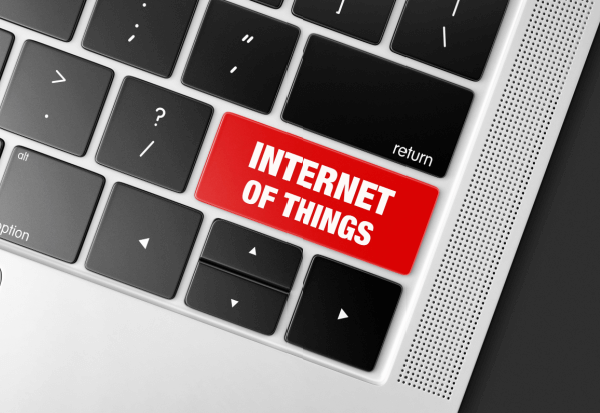Over the last few years, Digital has been considered a disruptor that has significantly changed the way businesses interact with their customers, employees, and ecosystem players.
However, in 2020 it was Digital that was disrupted by a global pandemic that accelerated a virtual-first future which otherwise might have taken a few more years to materialize.
2020 saw a meteoric rise in remote working, online shopping, tele medicine and virtual learning which fundamentally changed the fabric of these experiences. While the digital ecosystem was able to manage this transition, it will have to rapidly evolve and provide seamless experiences that are platform agnostic and place the user at the very heart of its design.
However, the evolution of the digital landscape over the last ten years has played a key role in mitigating the impact of a full-blown global pandemic and providing a reassuring sense of continuity in most businesses. While certain industries have been impacted, a Resilience report released by HSBC in July 2020 indicates that 58% of businesses are adapting quite well to a changing environment while 24% are actually thriving in the new normal.
This kind of resurgence is unprecedented and while the jury is still out on whether it will last, with increasing murmurs of a second wave of COVID-19, it is clear to see that a digital ecosystem was one of the main reasons of an accelerated turnaround. In actuality, the recovery might still be a W shaped one with another dip on the horizon. However, the peaks and valleys resulting from an inflection point that used to historically last much longer are now played out in much shorter and quicker bursts.
ACCELERATED RESURGENCE – POWERED BY DIGITAL
- “The Great Depression” of the previous century lasted an entire decade from 1929-1939.
- The “Financial Crisis” of 2007-08 was severe but played out over a period of two years.
- The “COVID-19” pandemic resulted in a stock market crash that lasted only two months.
It is clear that advancements made in technology and the subsequent emergence of digital have contributed immensely towards creating a global economy that is increasingly resilient and capable of highly accelerated turnarounds. This has resulted in a rapidly changing competitive landscape where speed is a clear differentiator and agility is the need of the hour to capitalize on opportunities that could redefine the growth path of a business.
McKinsey Global Institute outlined that “Large economic potential is linked to digitization—and much of it yet to be captured, digital natives are calling the shots, digital changes everything—even industry boundaries, and agile is the new way to compete.”
Looking at the ever-changing digital landscape, the key themes of Artificial Intelligence, Automation and Connectivity are taking center stage and will be driving the next phase of the digital evolution. According to a “Global Shopping Index” report by Salesforce, 17% of revenue and 8% of orders were generated from shoppers engaging with Einstein powered product recommendations. However, it is not just digital natives that have embraced such technologies – Hero Motocorp in India has switched to RPA to eliminate paperwork when moving goods from factories thereby assuaging concerns arising due to the pandemic.
Lastly, according to a study by IT asset management firm, Snow Software – more than 80% respondents indicated an increase in cloud adoption as a direct result of the pandemic and remote working models while 60% suggested there would be a continued increase in usage. This is in line with Gartner’s prediction of global spending on public cloud services increasing by 18.4% in 2021 with cloud accounting for 14.2% of the total global enterprise IT spend.
Digital has clearly emerged as the great equalizer in helping create businesses that are largely shock resistant, if not entirely shock proof. This would have been unimaginable just over three decades ago and the giant leaps made towards creating a robust digital ecosystem have to be lauded.
It is now time for the next phase of digital evolution that will drive sustainable change in both experiences and expectations!

is the Global Marketing Head for Product Engineering Services at Happiest Minds and has a keen interest in all emerging areas of technology and innovation. Having worked with Unisys, Oracle and HCL Technologies for over a decade he has experience with taking to market products and services across areas as diverse as Application Services, Cloud Computing, DevOps and Big Data Analytics to name a few. Outside of work, Arsalaan enjoys watching noir films and reading John Irving classics.








